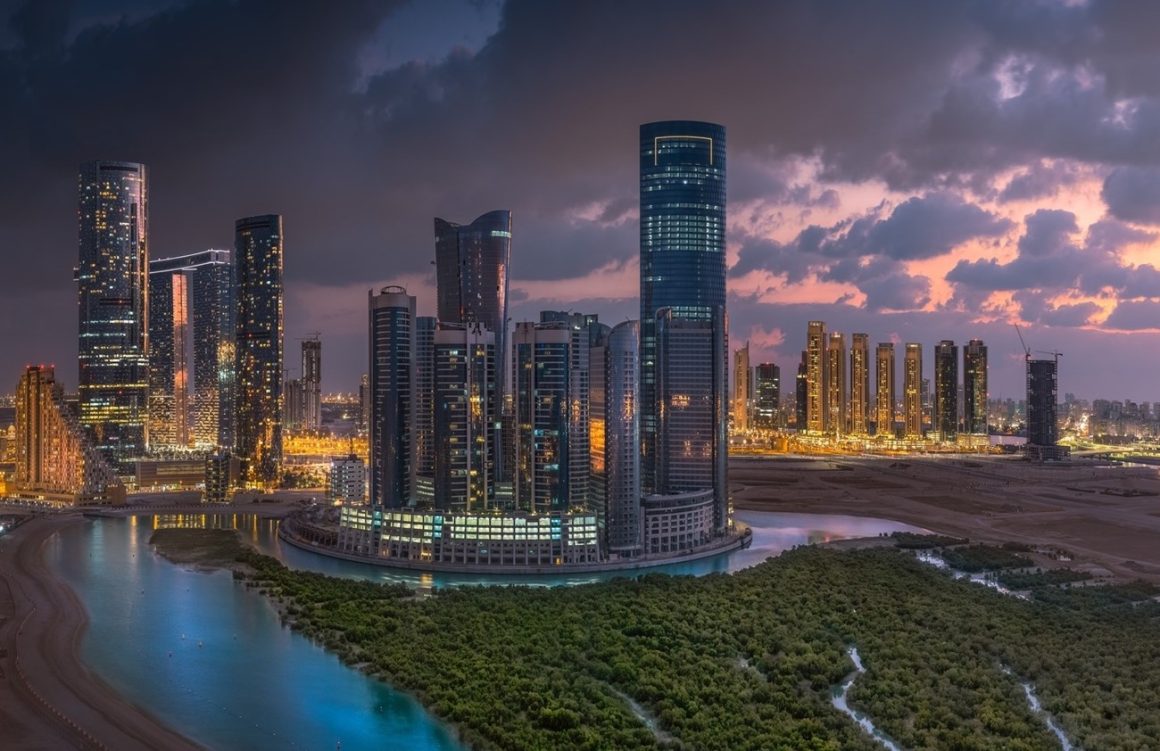This year, the property prices are likely to see a jump of up to 15%
Property prices in Dubai South and its neighbouring areas will see a jump – up to 15 per cent – this year as the relocation of the Dubai International airport is likely to boost demand.
Real estate industry executives predicted that prices would rise faster when the airport reaches its completion, with demand reaching over 100,000 properties in Dubai South and its vicinities over the next decade.
All operations at Dubai International (DXB) will be transferred to the new Dh128-billion Al Maktoum International gradually over the next 10 years. The airport will have a passenger capacity of 260 million annually.
The emirate will build an “entire city” around the airport in Dubai South and this will drive a demand for housing for a million people.
Dubai South is already one of the most sought-after areas for people looking to buy villas and townhouses, ranked second by Betterhomes in terms of demand in the first quarter of 2024.
Thanks to Expo 2020 Dubai, several multinational corporations, including Amazon, Noon, FirstCry, Landmark Group, Siemens, and others, have already set up operations in Dubai South.
Svetlana Vasilieva, head of secondary sales at Metropolitan Homes, says a gradual rise in property prices can be expected within a year, potentially reaching 10-15 per cent, driven by anticipation of future growth initially.
“A more significant price increase is likely closer to the completion of the new passenger terminal at Al Maktoum International Airport. This is when the full impact of the airport’s expansion and business activity becomes more tangible,” she added.
Vasilieva added that the Dubai government plans to build a city around the new airport with a capacity to house at least one million people.
“This suggests a significant demand for new houses in Dubai South. The logistics and aviation sectors are expected to boom with the new airport, creating job opportunities that will attract residents. Dubai South is envisioned as a major business hub, attracting companies and further fueling residential demand,” she added.
The relocation to Al Maktoum International will also boost the hospitality sector as the need for new hotels and serviced apartments will grow for transit passengers and business travellers, she added.
Faisal Durrani, partner and head of research for Mena at Knight Frank, said with projections for a million residents in the immediate vicinity of the Al Maktoum airport, there will be need of a concerted effort by developers to accelerate construction plans to house the expected influx of residents.
“The reactivation of the Palm Jebel Ali late last year is a further signal of the rising prominence of south western Dubai as a focal point for economic activity. How the supply story plays out will be one to watch, particularly as Dubai is only set to see 22,000 homes a year delivered over the next five years, well below the 70,000 units needed each year to accommodate a population of 7.8 million by 2040. Purely in the basis of the expected demand-supply imbalance, prices in the medium-long term are likely to experience sustained upward pressure, especially around Dubai South,” said Durrani.

